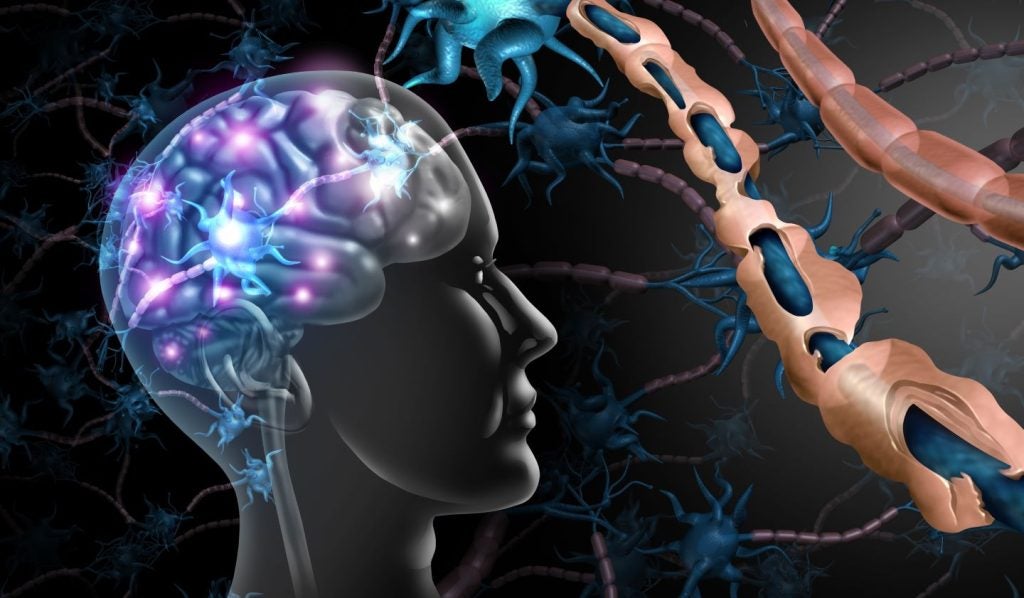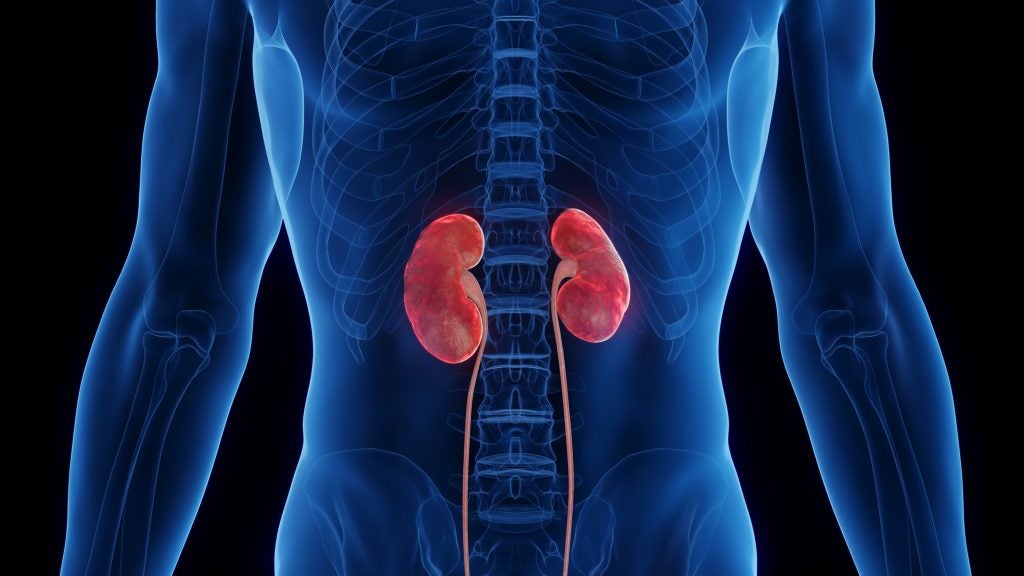Bristol Myers Squibb (BMS) has unveiled the latest data from the Phase III DAYBREAK clinical trial, highlighting the long-term efficacy and safety profile of Zeposia (ozanimod) in treating patients with relapsing forms of multiple sclerosis (MS).
The multicentre, long-term, open-label extension trial was designed to assess the efficacy and safety of oral doses of Zeposia over an extended period in subjects having relapsing forms of MS (RMS).
According to the findings, Zeposia showed to maintain a strong safety and efficacy profile, with a notably low annualised relapse rate of 0.098.
Furthermore, the majority of trial subjects did not experience confirmed disability progression at three and six months.
After five years, the trial reported consistent results across subject cohorts concerning new or enlarging T2 lesions and gadolinium-enhancing lesions.
Over the course of the study, 2,494 participants were treated with Zeposia for an average duration of nearly 61 months.
In the trial, 89% of participants reported treatment-emergent adverse events (TEAEs) while 15.3% had serious TEAEs.
Nasopharyngitis, Covid-19, headache and upper respiratory tract infections were the common TEAEs reported in the trial.
Importantly, no new safety concerns were reported and were in line with the already known safety profile of Zeposia.
In addition to the primary findings, a separate analysis focused on the risk of disease rebound following discontinuation of Zeposia. Of the participants who discontinued early, 2.2% experienced relapses, with the majority occurring between 29 and 90 days post-discontinuation.
BMS immunology, cardiovascular and neuroscience development global programme leaders senior vice-president and head Jonathan Sadeh said: “Currently no cure exists for multiple sclerosis, but effective strategies and treatments can help slow disease progression and alleviate symptoms.
“These DAYBREAK efficacy, safety and rebound data underscore a consistent and sustained safety and efficacy profile and add to the body of evidence supporting Zeposia’s role in the treatment armamentarium.
“We remain focused on advancing care and delivering meaningful innovations in neuroscience, including for the millions of people impacted by relapsing forms of multiple sclerosis.”
The latest development comes after the company acquired RayzeBio, a clinical-stage radiopharmaceutical company, for $4.1bn.















